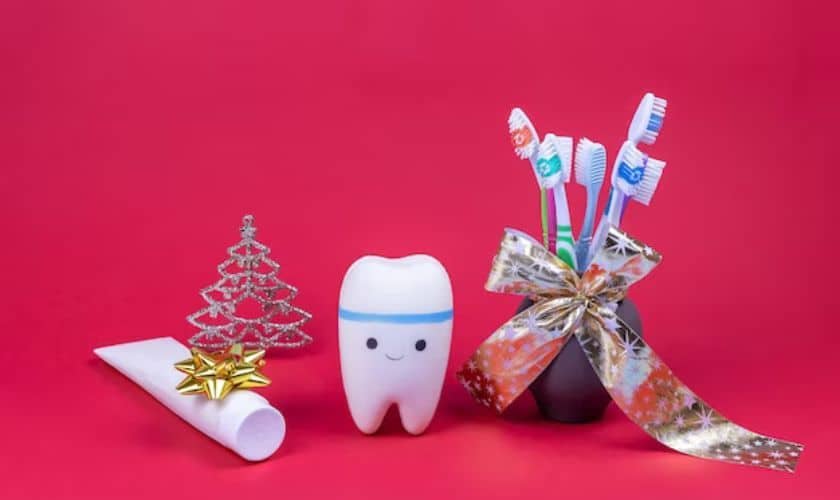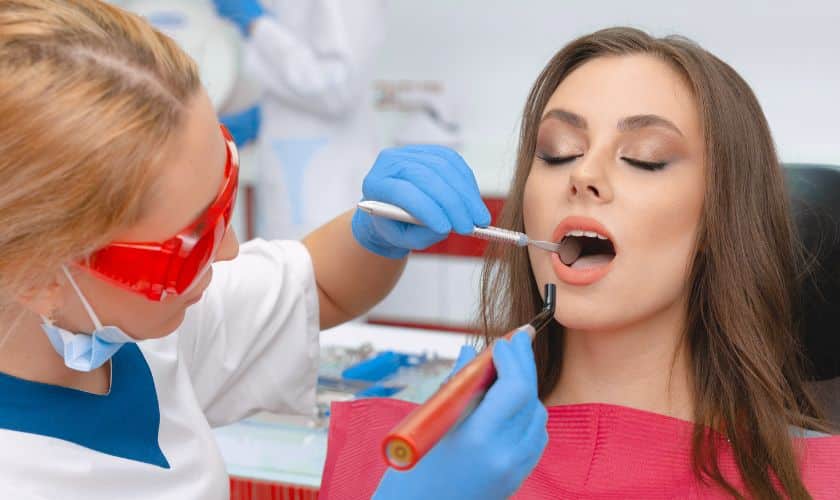Your temporomandibular joints, or TMJs, are located in front of each ear, and they connect the lower jaw to the temporal bones in your skull. Usually, these joints don’t garner much attention throughout daily life, although they’re the most-used joints in the human body. When they’re disturbed, however, the discomfort can radiate throughout your head, mouth, face, and neck, and you may be able to think of little else. If you’re in the grips of TMJ disorder, your Southlake dentist can help you find relief from chronic aches and pains by addressing the source of the jaw dysfunction.
What Impedes Jaw Movement?
Since TMJs consist of two joints that move simultaneously, a properly balanced jaw and straight teeth are essential to their proper function. When teeth are crooked, the pressure of your bite can be distorted, and your jaw will have to work overtime to adjust for the imbalance. Over time, the stress can damage the joints, causing them to swell or sustain damage. The disturbance can lead to popping or clicking when you move your jaw, or trouble opening and closing your mouth. Discomfort can also include painful jaw muscles, sore face and mouth, chronic headaches, and recurring earaches and ringing in the ears (tinnitus). Besides crooked teeth, other causes for TMJ disorder and pain include;
- Habitual teeth grinding
- Perforated or dislocated disc within one or both joints
- Excessive stress
- Rheumatoid arthritis
- Chipped or broken teeth (often the result of teeth grinding)
How to Know if it’s TMJ Disorder
Because TMJ disorder encompasses an ambiguous set of symptoms, diagnosing the condition is often difficult. In fact, patients can often endure the dysfunction for years, failing to find an accurate diagnosis, before finally learning that TMJ disorder is the cause. If you suspect that your chronic discomfort is the result of a TMJ problem, then Dr. Wright can thoroughly examine your bite’s symmetry to determine the likelihood of a bite imbalance. Depending on the cause, Dr. Wright may recommend orthodontic treatment to straighten crooked teeth, or another treatment designed to restore proper balance to your bite.
About Gregory Wright, DDS:
As a native Texan, Dr. Gregory Wright opened his private practice in Southlake, TX in 1992. He is happily accepting new patients from Southlake, Grapevine, Keller, Trophy Club, Colleyville, and all surrounding communities. To schedule an appointment with your cosmetic dentist, call our office today at (817) 481-7999.





